Organic certification
Organic farming: a growing opportunity for organic beef and lamb in Ireland and the EU
Organic farming has always been a valuable option across the EU, and it is becoming more popular in Ireland.
This growth offers opportunities for current organic farmers to expand and encourages new farmers to start organic farming. This is important for meeting the EU’s ambitious Farm to Fork strategy goals.
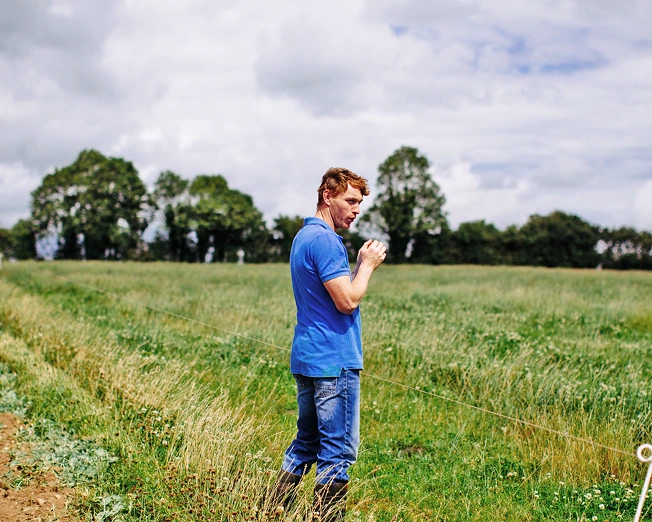
Organic certification bodies in Ireland
Organic Certification Bodies (OCBs) in Ireland inspect and certify all Organic Production Units. They are designated and regulated by the Department of Agriculture, Food and the Marine (DAFM) to ensure compliance with EU Organic standards.
Upon request, OCBs provide tailored information packs to producers, including details on the application process, conversion requirements, and Organic Standards. After receiving and reviewing applications, an initial inspection is scheduled.
OCBs conduct annual inspections to verify ongoing compliance with organic regulations.
The EU organic logo provides a visual identity for EU organic products.
The EU logo helps consumers identify organic goods while also helping the organic farmers to market their produce across the EU.
For a food product to display this logo, it must have been certified as organic by an authorised control agency (organic certification body). This is required to ensure the product meets the strict conditions and rules on how they are produced, transported and stored.
Each EU country appoints control agencies to inspect operators across the organic food chain. Farmers, producers, processors, distributors and marketers of organic products must register with their local control body before they can market their food as organic. In Ireland, the two authorised control agencies are the Irish Organic Association (IOA) and Organic Trust.
Six steps to organic certification
For those considering switching to organic
production, these are the six steps to follow:
- Assess viability and readiness for organic farming.
- Evaluate crop and animal systems compatibility.
- Consult with organic farmers and advisors.
- Familiarise yourself with Organic Standards.
- Select an OCB regulated by the Department of Agriculture, Food and the Marine.
- Request tailored information pack.
- Undergo initial and annual inspections.
- Submit online applications for OFS and Basic Income Support for Sustainability (BISS).
- Check deadlines and scheme details on DAFM website.
- Explore additional Grant-Aid support opportunities.
- Attend ‘Organic Farming Principles’ course.
- Upload a completion certificate as part of OFS application.
- Implement organic farming practices as per conversion plan.
- Adhere to Organic Standards during the conversion period.
- Achieve organic status after a successful conversion inspection.
The importance of Organic Beef and Lamb Certification
To sell any food product as ‘organic’ in Ireland or the EU, it must comply with EU Organic Regulations and be certified by an approved body such as the Irish Organic Association (IOA) and the Organic Trust.
This certification ensures that organic operators meet EU standards and additional guidelines set by the IOA and the Organic Trust, especially in areas such as livestock production.
Key reasons for obtaining organic certification:
- Higher standards: IOA and Organic Trust standards not only comply with EU regulations but also set higher benchmarks, particularly in the sustainable management of livestock.
- Logo usage: Certification grants the right to display the Irish Organic Association or Organic Trust logo and the EU Organic Logo on beef and lamb products, enhancing consumer trust and marketability.
- Market expansion: Organic Certification can improve your product reach and expand into new markets.
Organic certification food audit
Audits are essential mechanisms overseen by the European Commission to uphold rigorous standards in food and feed safety, animal health, welfare, plant health, and human health protection.
- Promotion of high safety standards in food consumption and secure conditions for trade.
- Safeguarding public health and ensuring compliance with regulatory norms across the EU.
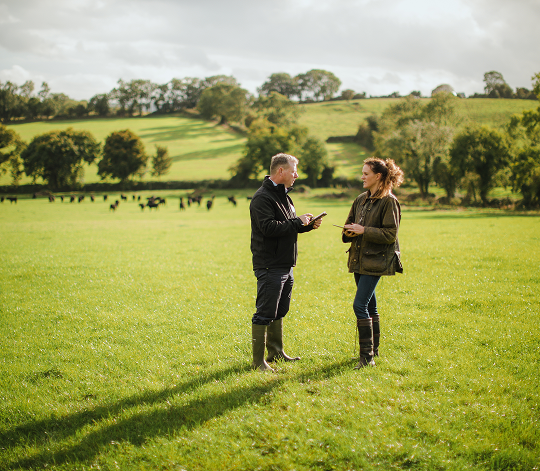
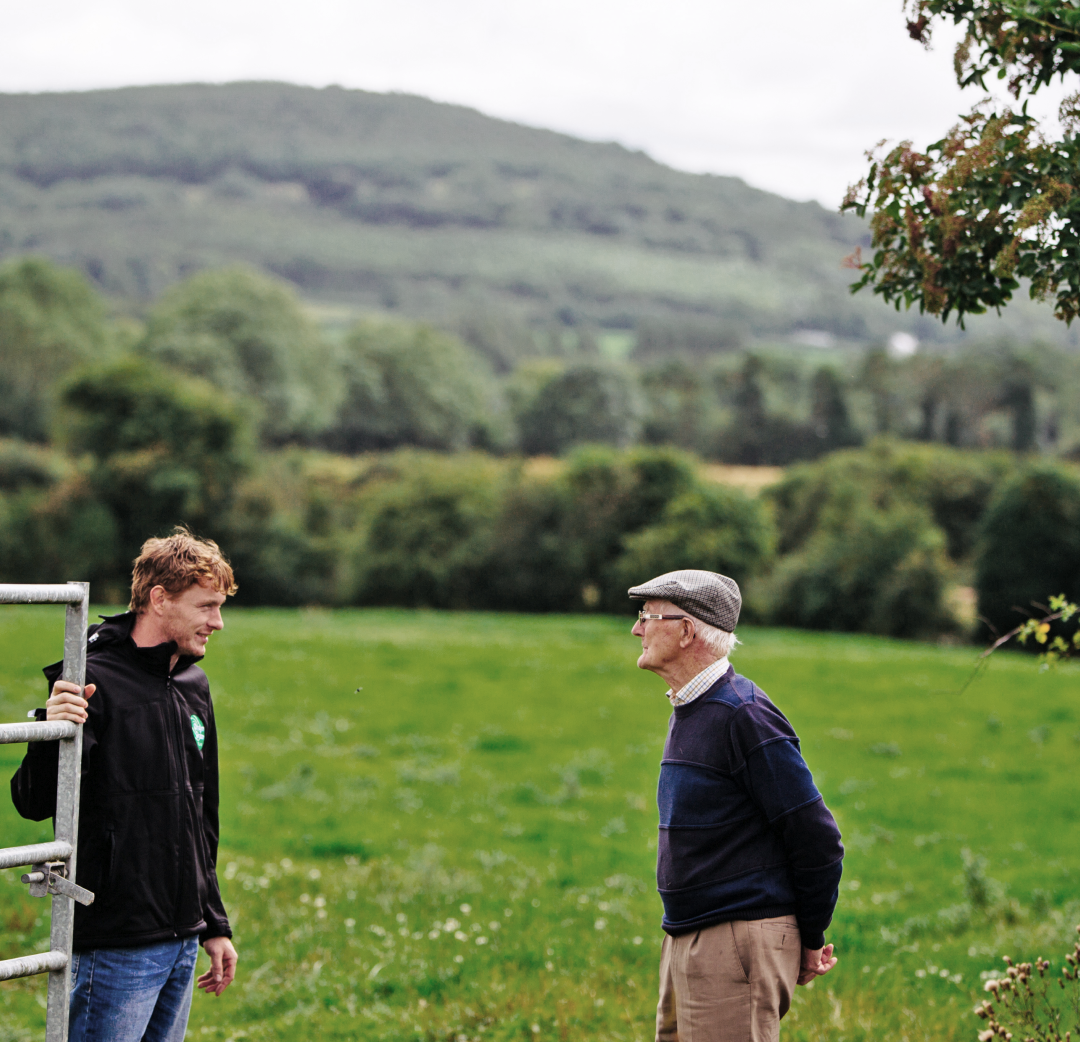
Responsible body: Directorate-General for Health and Food Safety
- The department for health and food audits and analysis dedicates most of its resources to Commission controls.
- Based in Ireland.
- Staffed by 160 professionals from most EU countries.
- Ensures compliance with legal obligations for both EU countries and non-EU countries exporting to the EU.
Find out more about:
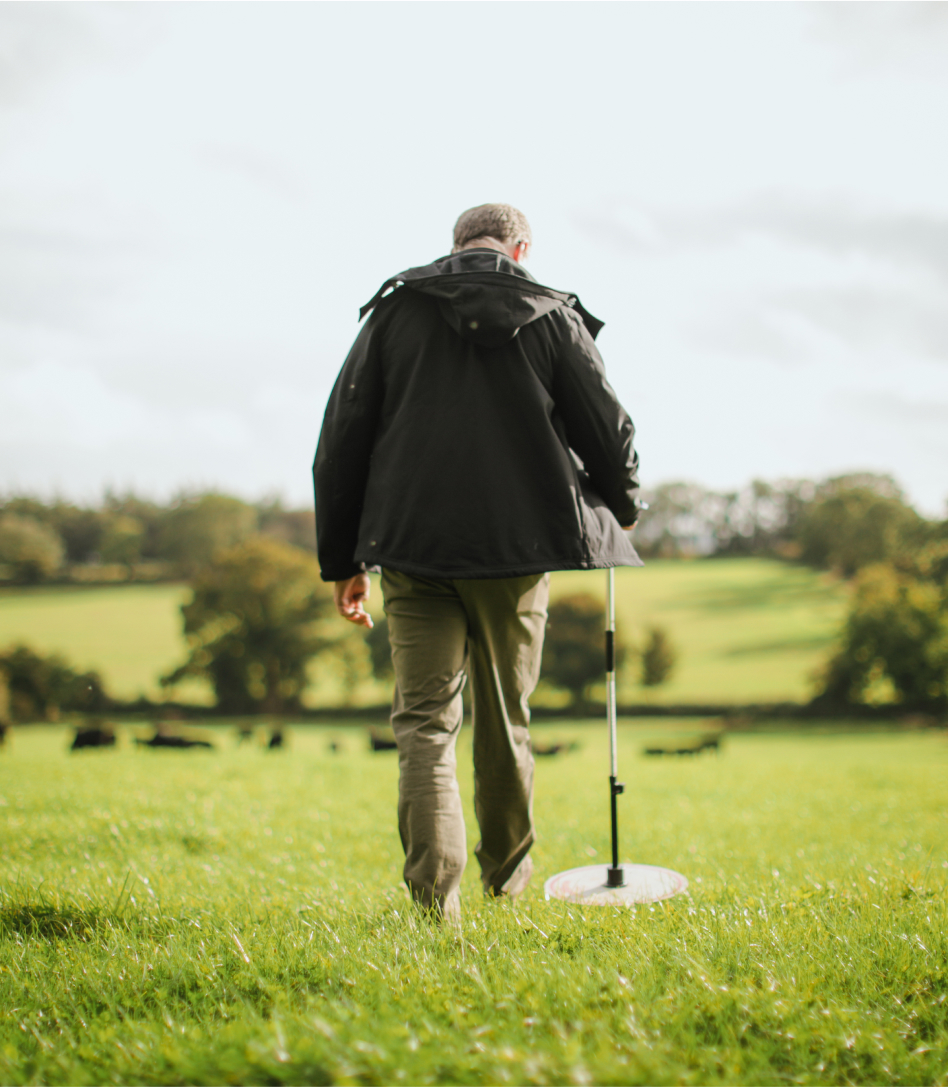
Why Organics?

Fundamentals
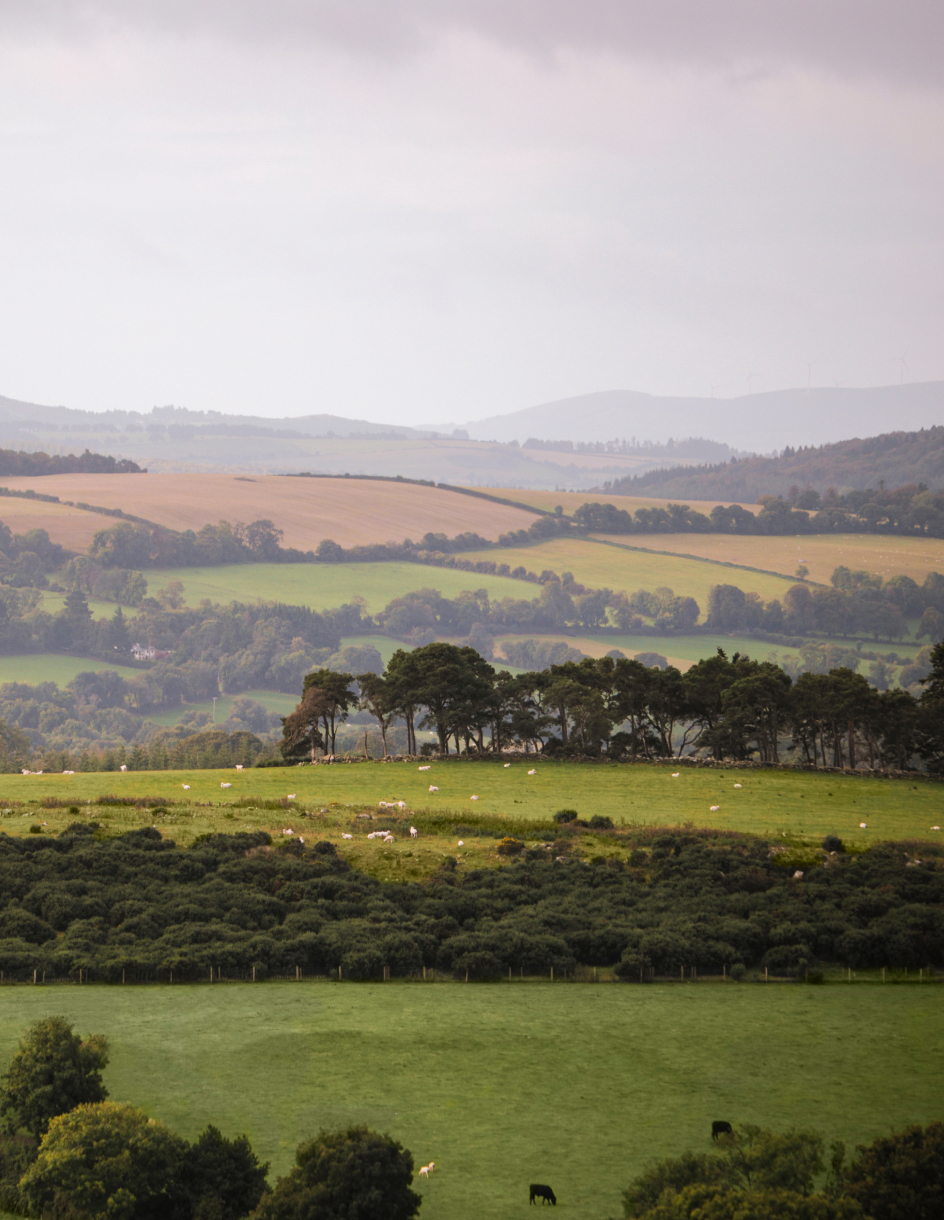
Animal Welfare